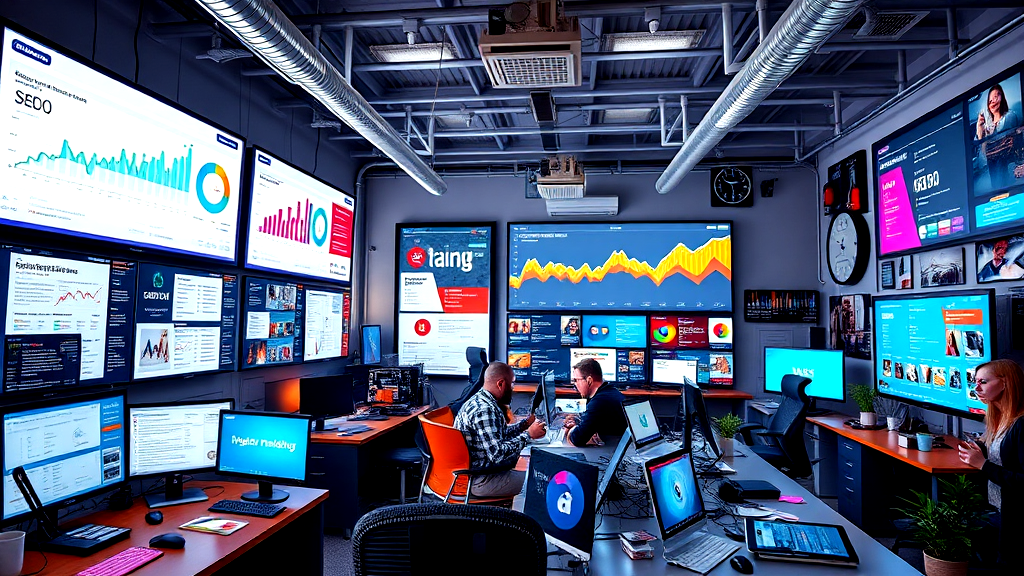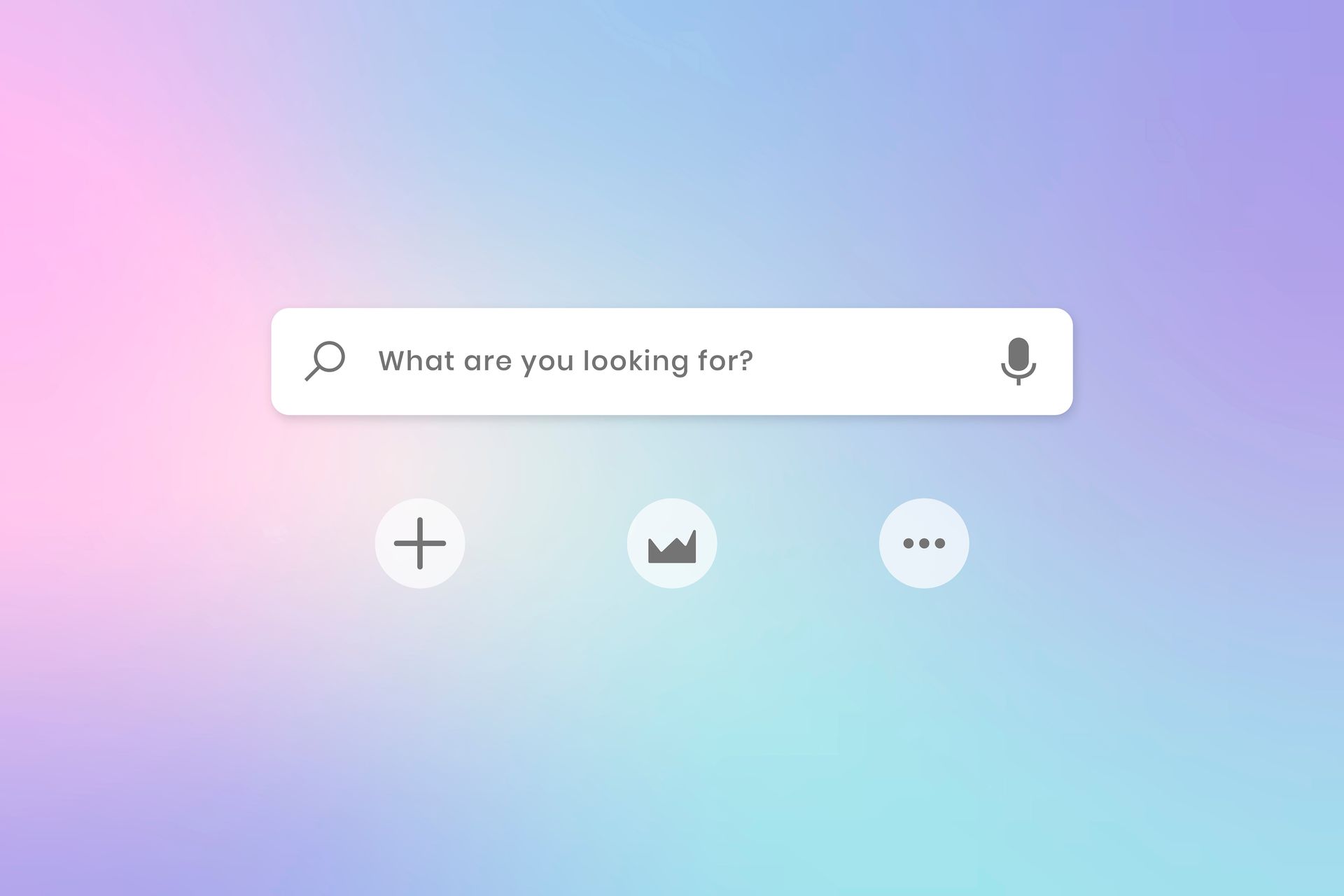Understanding Google's Stance on AI Content: How Search Engine Rankings Work
As a business owner, you understand the need for search engine optimization (SEO) services to get your website and content noticed by your intended audience. However, with the ease and rise of artificial intelligence (AI) content generation, it's crucial to grasp how Google's search engine rates AI content and the role of AI content detection. The knowledge you are about to read will give you the power to make an informed decision for your content strategy.
Google's Search Engine Ranking: A Brief Overview
Google's search engine is a super complex system that utilizes a variety of algorithms to rank websites and content based on various factors such as relevance, authority, and user experience. This system aims to provide users with the most valuable and informative results that match their search queries. These algorithms are continuously evolving and improving with regular updates, ensuring that users receive the most relevant search results possible. The search engine's algorithms consider various factors, such as the website's content, the content's quality, the number of backlinks and internal links, the user's location, the freshness of the content, and other factors to determine the website's ranking. Google's search engine uses machine learning techniques to increase the accuracy and relevance of the search results. These techniques include natural language processing, image recognition, and sentiment analysis. With these techniques, Google's search engine can understand the user's intent and provide them with the most relevant results possible.
AI Content Detection: What It Means for Business Owners
Understanding Google's AI content detection is crucial for business owners. It's identifying content created using artificial intelligence tools, such as technical machine learning algorithms or natural language processing software. Google's AI detection distinguishes between high-quality, human-created content and low-quality, machine-generated content. This knowledge is critical to optimizing your content effectively.
Here's what you need to know:
- Quality over quantity: Google prioritizes content demonstrating expertise, experience, and a human touch. AI-generated content often lacks these qualities, leading to lower rankings.
- User-centric approach: Google's algorithms focus on providing the best possible user experience. If AI content is deemed low quality or not user-friendly, it will likely be demoted in search results.
- Context matters: AI content detection considers the context in which content is created and used. Legitimate uses of AI in content generation, such as augmenting human creativity or streamlining content production, are viewed more favorably than using AI solely for ranking purposes.
The Rise of High-Quality AI Content
Today's AI content generation tools have made significant strides in producing high-quality content that rivals human-written content. Advanced language models and machine learning algorithms can:
- Research and analyze vast amounts of data
- Understand the context and nuances of language
- Generate coherent and engaging content
This raises the question: is it difficult for Google to detect high-quality AI content?
The answer is yes. Google's AI detection algorithms face challenges in distinguishing between high-quality AI content and human-written content, especially when:
- AI content is well-researched and informative
- AI content is optimized for user experience
- AI content is generated using advanced language models
However, Google continues to improve its AI detection capabilities, focusing on identifying patterns and characteristics that indicate machine-generated content.
How to Optimize Your Content for Google's Search Engine
To ensure your content ranks well and stands out, follow these best practices:
- Focus on quality: Prioritize well-researched, engaging, and informative content that showcases human expertise and experience.
- Use AI responsibly: Leverage AI tools to enhance your content, but avoid relying solely on machine-generated content.
- User experience first: Design your content and website with the user in mind, ensuring a seamless and valuable experience.
Conclusion
Google's search engine ranking process constantly evolves, and AI content detection plays a role in maintaining the high quality and relevance of search results. As AI content generation tools continue to improve, it's essential to understand how Google approaches AI content and prioritize high-quality, user-centric content to reach your target audience effectively.









